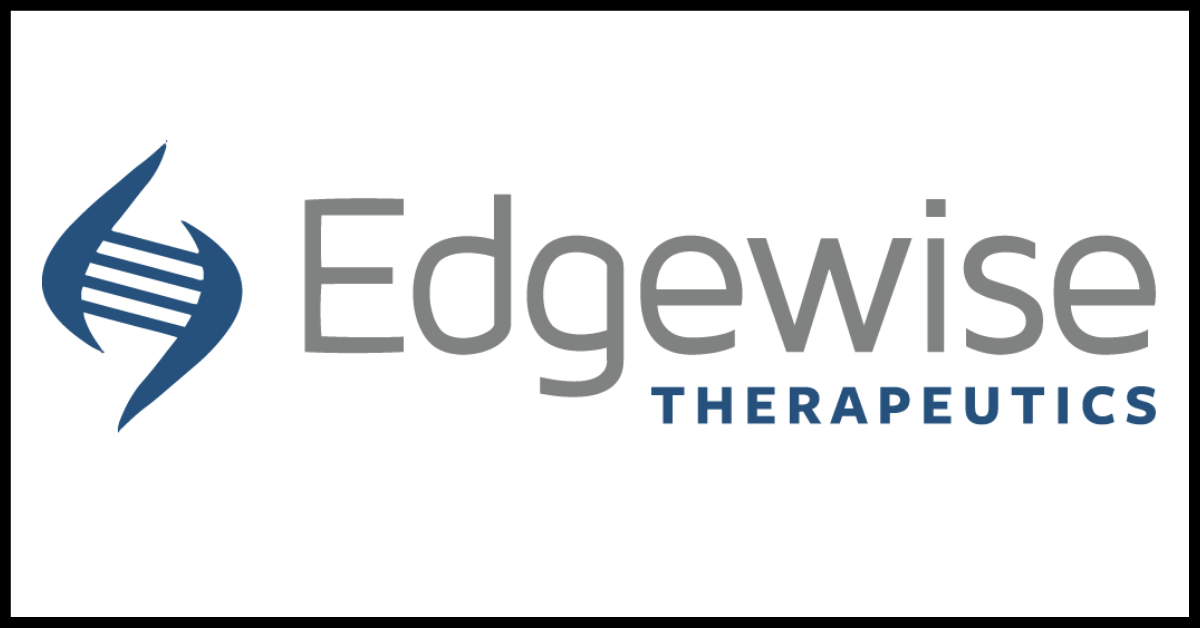
Edgewise Therapeutics today announced positive topline results from the Phase 1b clinical trial of EDG-5506 in Becker muscular dystrophy.
EDG-5506 is an oral small molecule muscle stabilizer which seeks to protect the muscle from injuries when dystrophin is absent or reduced. By helping to shield the muscle from damage and limit the muscle breakdown EDG-5506 may provide benefit to individuals living with Duchenne and Becker regardless of mutation.
The Phase 1b study evaluated safety in healthy adults and a small subset of Becker patients. In total 7 Becker patients were enrolled in this initial portion of the Phase 1b (5 received EDG-5506 and 2 received placebo).
Below are some of the key takeaways from the announcement:
- EDG-5506 was well tolerated with no serious adverse events observed
- Pharmacokinetic (PK) data demonstrated robust target engagement with achievement of muscle concentrations beyond levels observed in preclinical models for EDG-5506 to be efficacious
- EDG-5506 treatment resulted in significant lowering of muscle damage biomarkers in adults with Becker after only two weeks of dosing
Edgewise is currently in the process of enrolling its follow-on open label study (ARCH), which will enroll participants from its Phase 1b clinical trial as well as new participants with Becker. As previously announced, the company hopes to initiate a Phase 2 study in Becker in the first half of 2022 and a Phase 2 study in Duchenne in the last half of 2022.
Edgewise has also shared a newsletter with the community about this news.
Read the Press Release from Edgewise Therapeutics:
Edgewise Therapeutics Announces Positive Topline Results From the EDG-5506 Phase 1b Clinical Trial in Adults With Becker Muscular Dystrophy (BMD)
January, 05, 2022
– EDG-5506 was well tolerated with no serious adverse events observed –
– Pharmacokinetic (PK) data demonstrated robust target engagement with achievement of muscle concentrations beyond levels predicted to provide meaningful clinical benefit –
– EDG-5506 treatment resulted in significant lowering of muscle damage biomarkers in adults with BMD after only two weeks of dosing –
– Management hosting webcast to discuss findings today at 9:00 a.m. Eastern Time –
BOULDER, Colo.–(BUSINESS WIRE)– Edgewise Therapeutics, Inc., (NASDAQ: EWTX), a clinical-stage biopharmaceutical company focused on developing orally bioavailable, small molecule therapies for the treatment of rare muscle disorders, announced today positive topline results from the BMD, or Phase 1b, portion of a first-in-human Phase 1 clinical trial assessing the safety, tolerability, PK and pharmacodynamics (PD) of EDG-5506, an orally administered small molecule myosin inhibitor designed to protect injury-susceptible fast skeletal muscle fibers in dystrophinopathies such as Duchenne muscular dystrophy (DMD) and BMD.
“BMD is a rare, serious, progressive, permanently debilitating, and potentially fatal inherited neuromuscular disorder, which causes great hardship to individuals with BMD and their families and caregivers,” said Craig McDonald, M.D., Professor and Chair of the Department of Physical Medicine & Rehabilitation at UC Davis. “I am encouraged by the EDG-5506 Phase 1b clinical data in individuals with BMD, for which there are no approved treatments. I look forward to working with fellow investigators and the BMD and DMD communities in the upcoming Phase 2 trials of EDG-5506.”
The seven adults with BMD enrolled in the Phase 1b clinical trial were administered 20 mg oral doses of EDG-5506 (n=5) or placebo (n=2). EDG-5506 was shown to be well-tolerated with no discontinuations or dose reductions. The most common adverse event, observed in all Phase 1b participants, was dizziness which was mild, transient and self-resolving.
In addition to safety, a key goal in the Phase 1b BMD clinical trial was to understand the relationship between dose, muscle exposure and biomarkers of muscle damage on a dystrophic background. PK data were consistent with robust target engagement, with plasma and muscle exposures exceeding pharmacologically active levels observed in multiple preclinical models of DMD. Similar to observations in the healthy volunteer portion of the clinical trial, dosing with EDG-5506 was not found to affect voluntary grip, shoulder, or hip strength.
Treatment with EDG-5506 led to a significant and time-dependent decrease in key biomarkers of muscle damage when assessed by both standard laboratory assays and proteomic analysis using the SOMAscan 7,000 analyte set. Importantly, creatine kinase (CK) and fast skeletal muscle troponin (TNNI2) were reduced by 71 percent and 83 percent, respectively, to levels near those observed in healthy volunteers when evaluated by SOMAscan. This reduction in muscle damage biomarkers supports the hypothesis that EDG-5506 meaningfully reduces damage from the excessive stress present in dystrophic muscle, thus potentially preserving muscle function and preventing disease progression in dystrophinopathies.
“The completion of this clinical trial in BMD adults is an important milestone for Edgewise. We’re excited as we advance into Phase 2 clinical trials in BMD and DMD,” said Joanne Donovan, M.D., Ph.D., Chief Medical Officer of Edgewise. “We’re also excited to announce that we are in the process of enrolling our follow-on open label study (ARCH), and we have been gratified by the excellent response from all participants from the Phase 1b as well as new participants.”
“We believe the magnitude of reduction in multiple key biomarkers of muscle damage in adults with BMD after only two weeks of dosing is unprecedented,” added Kevin Koch, Ph.D., President and Chief Executive Officer of Edgewise. “We expect EDG-5506 treatment to lead to reduced muscle damage, the root cause of dystrophinopathies, and ultimately improve function in individuals with BMD and DMD.”



 by: Parent Project Muscular Dystrophy
by: Parent Project Muscular Dystrophy

